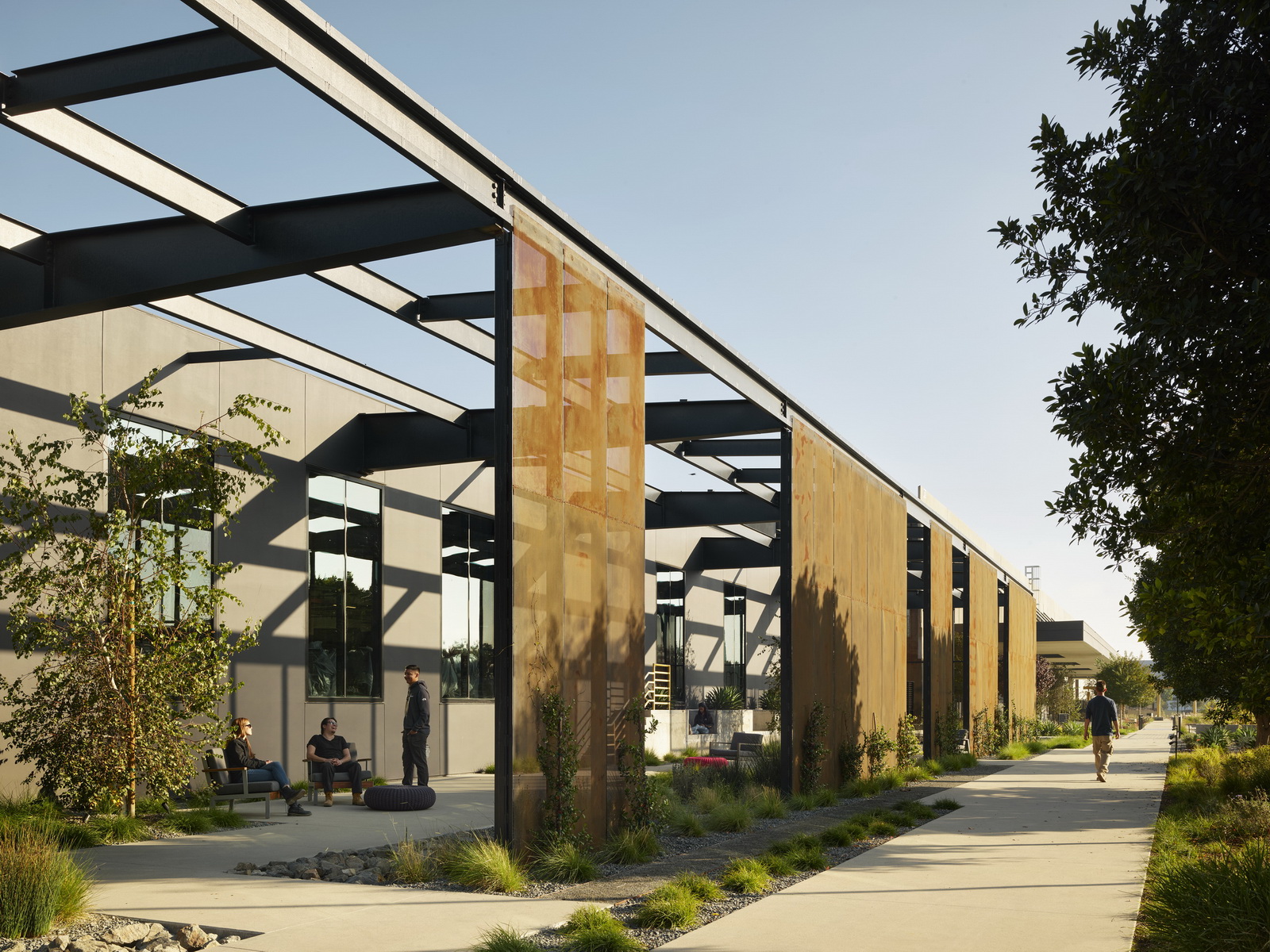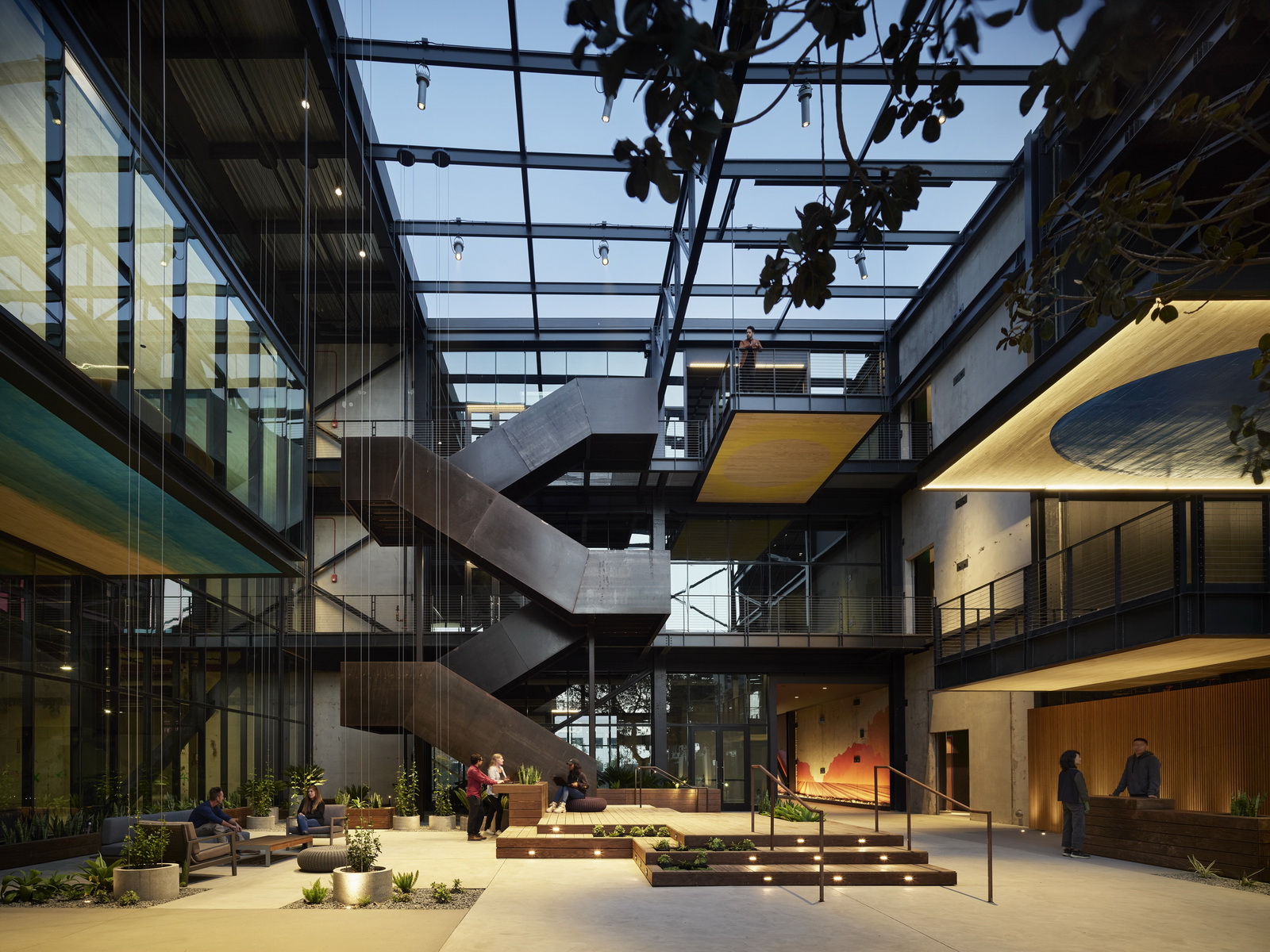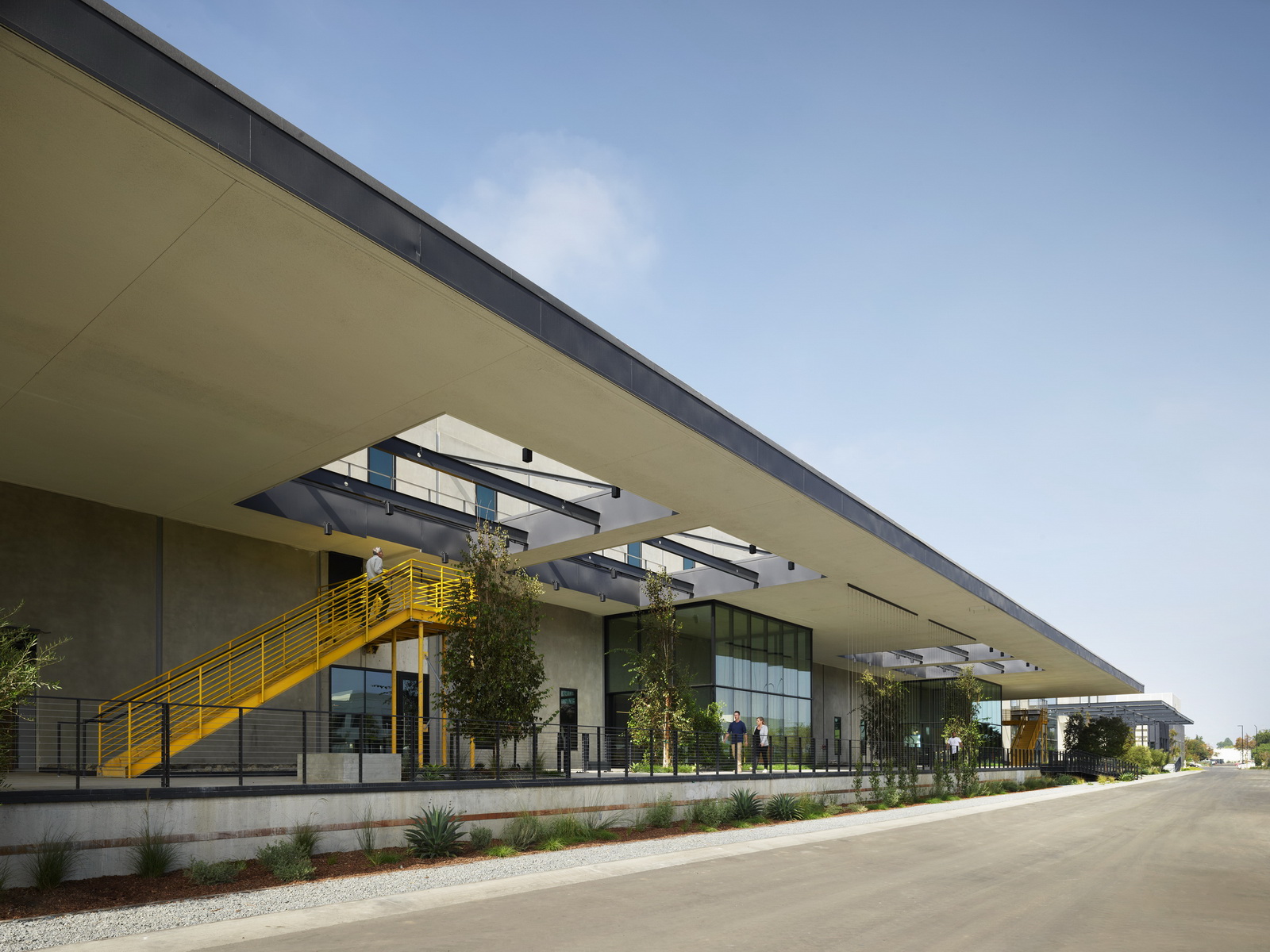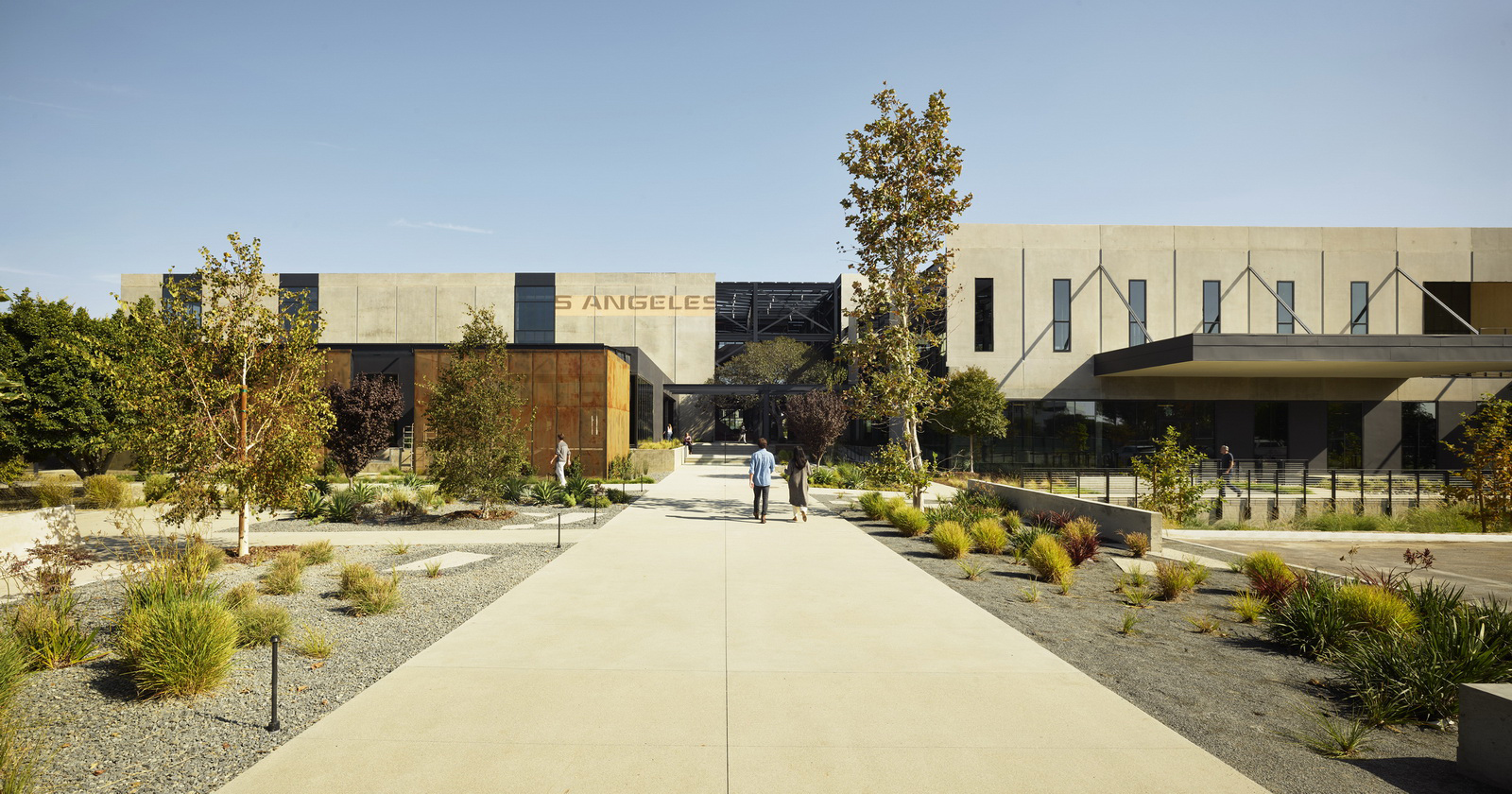Evelyn Lee is a Start-up Advisor in the Tech Space, Angel Investor, Founder of Practice of Architecture, and Host of the podcast Practice Disrupted. She is a prominent speaker on architectural practice evolution, technology integration, and diversity in AI, dedicated to guiding the profession into new horizons.
Running a successful architecture firm is challenging. It’s hard enough during the best times and even more complex in an increasingly changing economic climate. We also tend to make it worse by having a fixed mindset regarding how we think about our businesses and careers.
In my experience, a Growth Mindset is an excellent perspective for architects to adopt and operate from.
This article is part of a series about Designing a Better Business for Architects, where I have been taking baby steps towards a piece on writing a business plan as I am working towards writing my business plan for Practice of Architecture. Other articles in the series include:
- “Architects Are Bad at Business:” Here’s Why and What We Can Do About It
- Why Architecture Firms Need Better Mission, Vision and Values Statements
- How Architects Can Get Into the Right Mindset for Designing a Better Business
So, what’s a growth mindset?
The concept of a growth mindset was developed by psychologist Carol Dweck in the 1980s. Dweck’s research focused on understanding how individuals’ beliefs about intelligence and abilities influenced their motivation, learning and achievement.
Dweck conducted numerous studies to explore the impact of mindset on learning and achievement. Her research found that individuals with a growth mindset, who believed that their abilities could be developed through additional research and implementation, were more likely to embrace challenges, persist in the face of setbacks and achieve higher success levels than those with a fixed mindset.

The Press by Ehrlich Yanai Rhee Chaney Architects, Costa Mesa, California
The concept of a growth mindset gained popularity beyond psychology and has been widely embraced in various domains, including education, business, sports and personal development. It has become a key component in fostering resilience, adaptability and continuous improvement.
By adopting a growth mindset, I believe architects can approach their work with an open mind, embrace challenges as opportunities for growth, learn from failures and continually develop their skills and expertise. This mindset can lead to greater innovation, creativity and success in the field of architecture and beyond.
How am I approaching the growth mindset in my own business? I’m really considering the type of business that I need to create to truly align my personal values with a vision for my business.
One way that shows up is the decision to focus on revenue streams that allow me to support the greatest amount of individuals without adding additional constraints on my time as it will always be limited. For me, this means providing resources that are accessible to everyone.
Also, consulting and providing professional services is hard, especially for architecture firms, and all that it takes to build the pipeline, the risk in decision-making we give to projects with long schedules that may be pulled right before they start or even after they’re started. A colleague recently referred to the practice of running a successful firm as labor arbitrage (in the most negative light possible).

The Press by Ehrlich Yanai Rhee Chaney Architects, Costa Mesa, California
It’s also not scalable. This means that the only way to increase revenue is to increase your fees or increase the number of hours you work per day by working more, outsourcing or increasing your staff (all of which comes at a cost).
In my mind, adopting the growth mindset is necessary to push beyond business as usual, or in this case, traditional architectural services. It allows you to think about ways that you can create a company business that is successful and grows because you have:
- More touch points with your clients well before and after they start planning their next capital campaign.
- A revenue stream that allows you to pay our employees and provide benefits that complete with industries that see the value in design talent, including tech.
- Gives you more freedom to have a life outside of work that allows you to recharge and come back to work with a fresh perspective.
In many ways, I feel we are stuck in a box of our own design. Adopting a mindset of continuous growth and improvement is a game-changer for architects, the culture we create within our firm and as a profession, and our ability to apply design to other areas of practice outside of our projects. When we embrace the idea that our abilities can evolve and expand and that our skills are transferable beyond project work, we open ourselves to endless possibilities.

The Press by Ehrlich Yanai Rhee Chaney Architects, Costa Mesa, California
Challenges become opportunities for innovation, failures become stepping stones toward success and setbacks become valuable lessons that propel us forward. We stop placing blame on everything we can’t control and instead work to find the best way to move forward.
Moreover, this mindset encourages collaboration and a willingness to learn from others. As architects who believe in our own potential for growth, we become more receptive to feedback, constructive criticism, as well as new ideas. We understand that feedback is not an attack on our abilities but rather a tool for refining our skills, enhancing how we approach design and preparing us to embrace opportunities that we may otherwise be uncomfortable to take on.
This creates a culture of constant improvement within architectural firms, resulting in higher-quality projects and happier clients. By adopting this perspective, we unlock our full potential, tackle challenges with resilience and constantly evolve in an ever-changing economy.
With a growth mindset driving us, we have the ability to create designs and businesses that not only meet the needs of today but also shape the future of architecture and how architects are valued more broadly.
One of the industry's biggest votes on design innovation is officially underway — help select the winners of the 2024 A+Product Awards! VOTE NOW >









